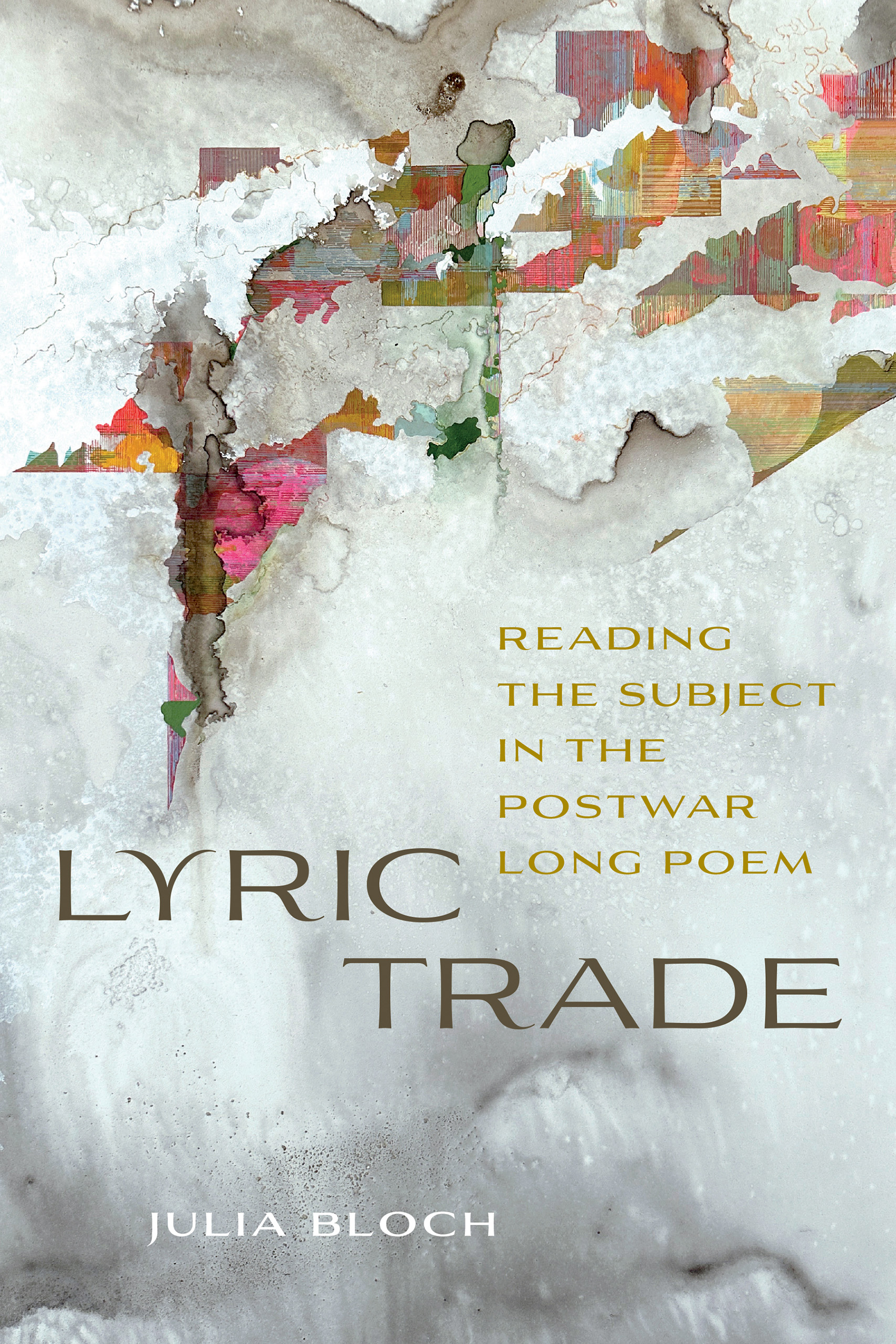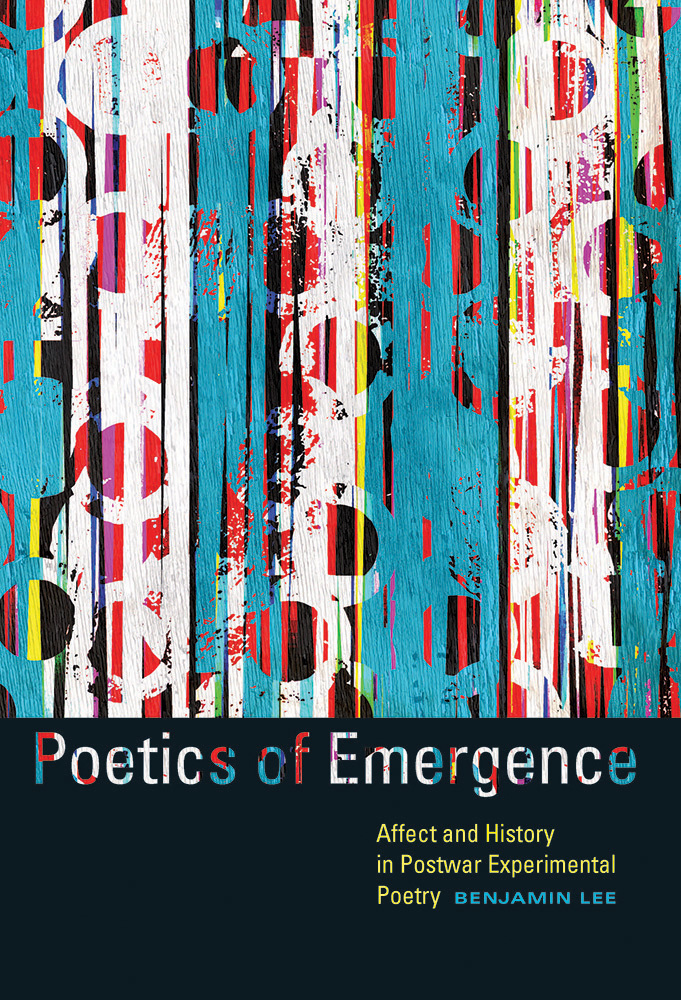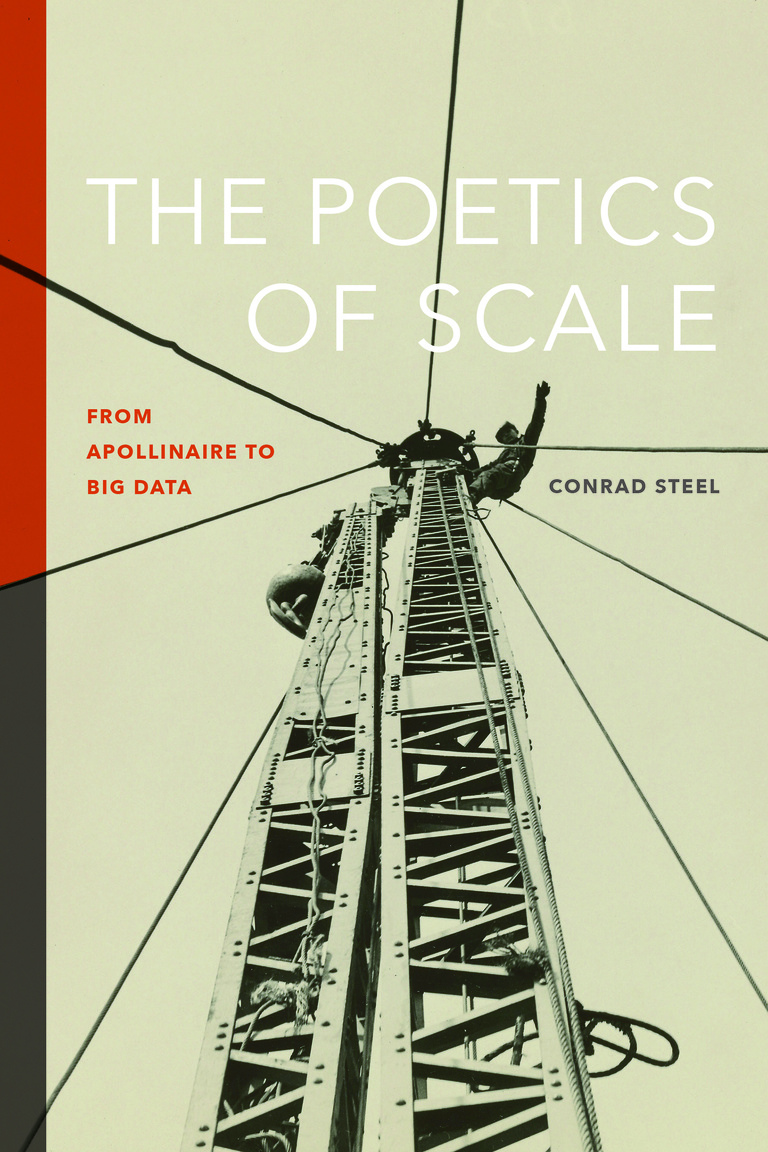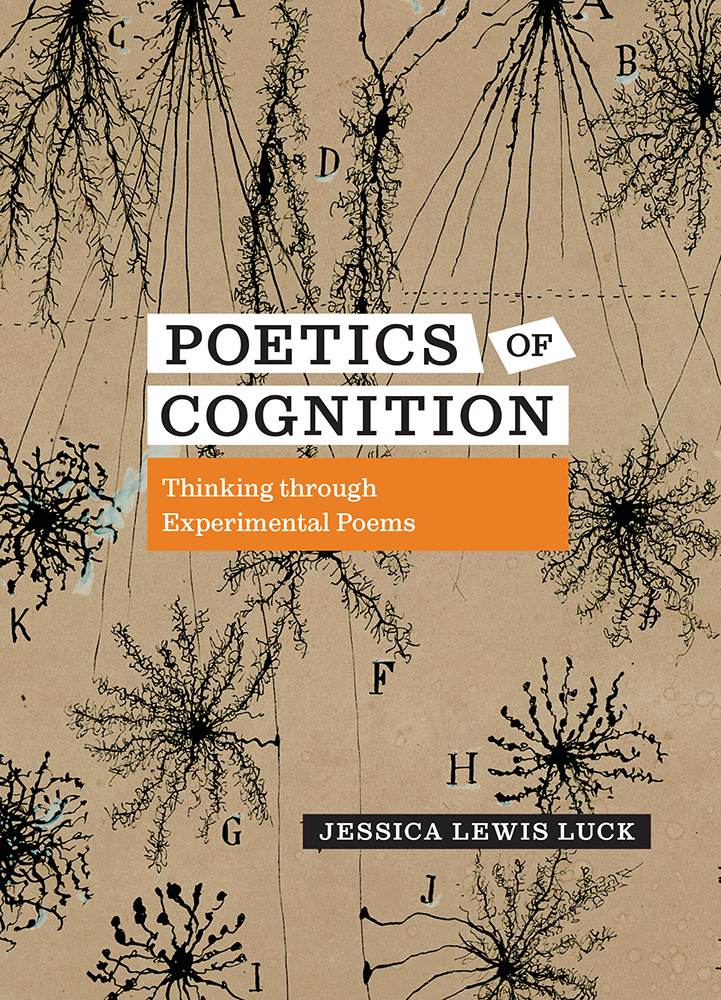Sometimes the word “lyric” seems to appear everywhere: either it’s used interchangeably with the word “poetry” or it attaches to descriptions of literature, art, film, and even ordinary objects in order to capture some quality of aesthetic appeal or meaning. Lyric Trade is not yet another attempt to define the lyric, but instead it digs into how poems use lyric in relation to race, gender, nation, and empire.
Engaging with poets such as Gwendolyn Brooks, H.D., Lorine Niedecker, Alice Notley, and Myung Mi Kim, this book asks: What does lyric mean, and why should it matter to poets and readers? Lyric Trade argues that lyric in the postwar long poem not only registers the ideological contradictions of modernism’s insistence on new forms, but that it also maps spaces for formal reimaginings of the subject.
“Lyric Trade is a capacious and distinctive intervention in contemporary lyric studies, whose examination of the relationships between long poems and lyric, subjectivity and form, and politics and theory is grounded in a deeply thoughtful series of readings of important twentieth-century poetics.”—Andrea Brady, author, Poetry and Bondage: A History and Theory of Lyric Constraint
“This is a book about the lyric in a time when the lyric itself has become overdetermined, not least because the subjectivity it subtends is similarly overdetermined. It is smart, well researched, and well written.”—Joseph Jonghyun Jeon, University of California, Irvine
“Bloch masterfully structures her book, building her argument block by block across her chapters, using the first few paragraphs of each to summarize the previous material and look forward to the next. Lyric Trade could be profitably read alongside Jonathan Culler's Theory of the Lyric for an alternative view of the importance (or lack of importance) of the speaking subject.”—Choice
“Bloch’s intricate, generative readings invite further thinking about how we might approach lyric and genre even more widely. . . . Bloch is not only arrestingly vivid in getting to the feel of a particular line: she tends to be distinctively, almost unacademically spare in marking out the steps in an argument . . . the lightness of touch reflects a central impulse of Lyric Trade: to let each poem and the ideas about it take their own directions, to play off each other in absorbing, ambivalently unruly ways.”—American Literary History Review



